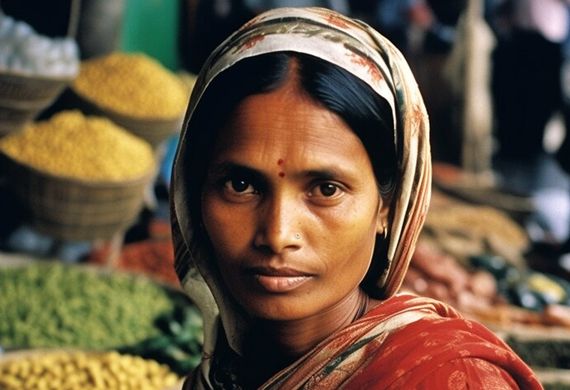
Pilot Project in TN Village Highlights Need for Health Education for Tribal Women
By: WE staff | Friday, 14 February 2025
- A pilot project in Perungadu villages highlighted barriers to tribal healthcare access.
- It stressed the need for health education to enable self-referral to public facilities.
- The focus is on enabling self-referral to public health facilities.
A pilot project in Perungadu villages, Kodaikanal, uncovered systemic barriers hindering tribal access to healthcare, highlighting the need for competency-based health education to empower self-referral to public health facilities.
Prof. V. Mangayakarasi, Head of the Research Cell at AIIMS Madurai, interacted with 44 tribal women from Perungadu villages. She found out the Key challenges that they are facing in their day today life include the lack of ambulances, toilets, and electricity, forcing residents to rely on distant services.
Open-air defecation and poor water facilities contribute to hygiene-related illnesses and fear of modern medicine and reliance on traditional healers delay hospital visits, worsening conditions like anemia.
The study was part of the WomenLift Global Health Journey India, which focuses on women in leadership. It also highlighted socio-economic barriers like early marriage and male financial control, limiting women's health autonomy.
This session included participants like medical officers, social workers, ACHA workers, public health officials, and Rotary Club representatives.
Most women earn ₹350 per day as laborers, struggling with debt and limited access to markets. Additionally, there is underutilization of government health programs and a lack of adequate schooling resources for children.
The project focused on training in anemia prevention, menstrual hygiene, and health rights using local dialects and trusted community figures.
Prof. Mangayakarasi emphasized the importance of skill-based education on anemia prevention, hygiene, and self-referral to healthcare facilities to improve health outcomes.






